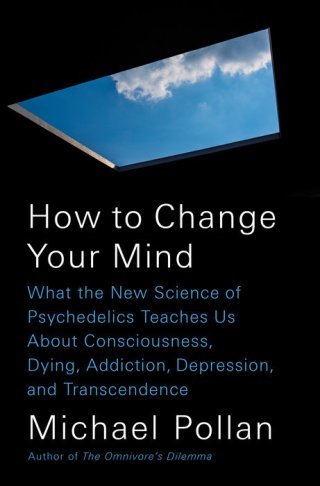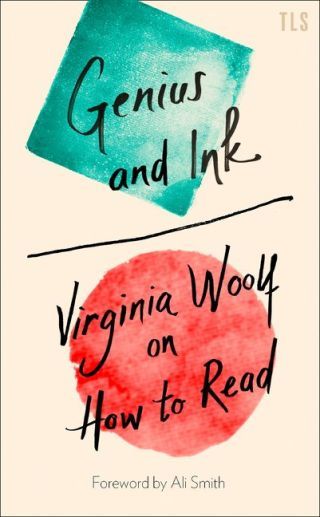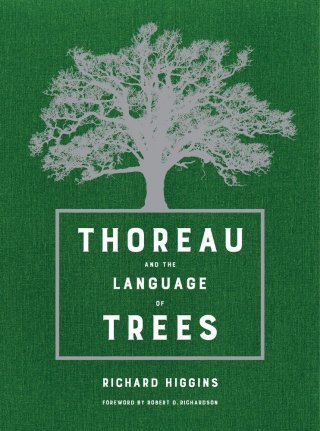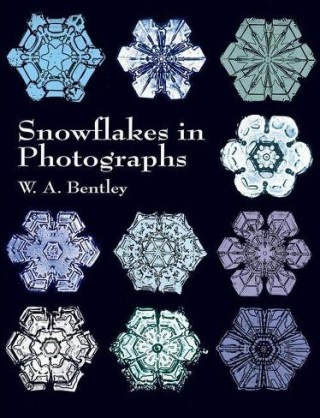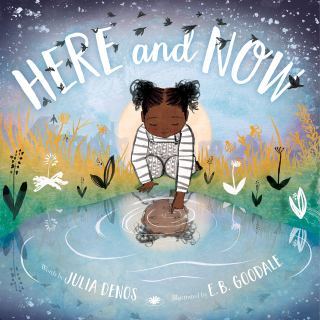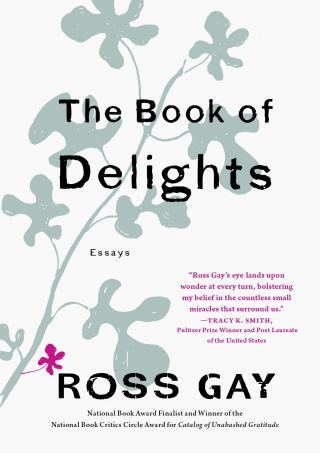Maria Popova's Blog, page 112
January 29, 2020
A Curious Herbal: Gorgeous Illustrations from Elizabeth Blackwell’s 18th-Century Encyclopedia of Medicinal Botany
A century before botany swung open the backdoor to science for Victorian women and ignited the craze for herbaria — none more enchanting than the adolescent Emily Dickinson’s forgotten herbarium — a Scottish woman by the name of Elizabeth Blackwell (1707–1758) published, against all cultural odds, an ambitious and scrumptiously illustrated guide to medicinal plants, titled...
January 27, 2020
Bach and the Cosmos of Belonging: Michael Pollan on How the Transcendent Power of Music Allays the Loneliness of Being and the Ache of Regret
Some of humanity’s greatest writers have extolled the singular enchantment of music. Walt Whitman considered it the profoundest expression of nature. Maurice Sendak found in its fusion of fantasy and feeling the key to great storytelling. “Without music life would be a mistake,”...
January 23, 2020
Virginia Woolf on Why We Read and What Great Works of Art Have in Common
Patti Smith listed among her criteria for a literary masterpiece that it must leave one so enchanted as to feel “immediately obliged to reread it.” Susan Sontag considered rereading an act of rebirth. I attest to this readily with my habit of...
January 22, 2020
My Mother’s Eyes: A Soulful Animated Short Film About Loss and the Unbreakable Bonds of Love
Kepler may not have revolutionized our understanding of the universe had his illiterate mother not ignited his love of astronomy by taking him to see a comet as a six-year-old boy in 1536. “Every man or woman who is sane, every man or woman who has the feeling of being a person in the world, and for whom the world means something, every happy person, is in infinite debt to a woman,” the...
January 20, 2020
Calculating the Incalculable: Thoreau on the True Value of a Tree
More than two years after a fire started by a teenage boy destroyed 47,000 acres of old-growth forest in Oregon’s Columbia River Gorge, having just resolved to face the new year like a tree, I found myself on the brink of tears before the blackened trunk of an ancient ponderosa pine as I walked the sylvan scar tissue of the tragedy. A conversation with my hiking companion — a dear friend currently working with the Navajo...
January 19, 2020
The Haunting Beauty of Snowflakes: Wilson Bentley’s Pioneering 19th-Century Photomicroscopy of Snow Crystals
Hardly any scientific finding has permeated popular culture more profoundly, transmuted its truth into a more pervasive cliché, or inspired more uninspired college application essays than the fact that no two snowflakes are alike. But for the vast majority of human history, the uniqueness of snowflakes was far from an established fact.
In the early...
January 17, 2020
How to Raise a Reader: Mary Shelley’s Father on Parenting and How an Early Love of Books Paves the Path to Lifelong Happiness
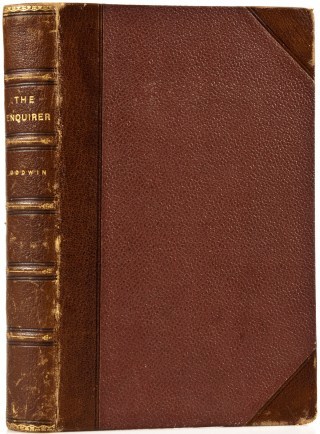
In the final years of the eighteenth century, the radical political philosopher and novelist William Godwin (March 3, 1756–April 7, 1836) entered into a pioneering marriage of equals with another radical political philosopher and novelist: Mary Wollstonecraft, founding mother of what later ages termed feminism. While Wollstonecraft was pregnant...
How to Raise a Reader: Mary Shelley’s Father on Parenting and How an Early Love of Books Paves the Way for Lifelong Happiness

In the final years of the eighteenth century, the radical political philosopher and novelist William Godwin (March 3, 1756–April 7, 1836) entered into a pioneering marriage of equals with another radical political philosopher and novelist: Mary Wollstonecraft, founding mother of what later ages termed feminism. While Wollstonecraft was pregnant...
January 16, 2020
Here and Now: An Illustrated Guided Meditation Inviting the Practice of Noticing as a Portal to Presence
Looking back on the most important things I have learned about life, I keep returning to a central paradox of our culture: We know that the flower doesn’t go from bud to blossom in one spritely burst, yet we crave stories of overnight success and spontaneous self-actualization, disinterested in the tedium of the blossoming, in the incremental ripening by which we become who we are, the innumerable tiny choices, the imperceptibly small steps by...
January 14, 2020
Poet Ross Gay on the Body as an Instrument of Thought and the Delights of Writing by Hand
The late, great neurologist and poetic science writer Oliver Sacks spent his entire life writing only by hand — an act he considered “an indispensable form of talking to [oneself].” In his wonderful reflection on the psychology of writing and what his poet-friend Thom Gunn taught him about creativity, Sacks observed how “ideas emerge, are shaped, in the act of writing.”
This singular interplay between the manual and the...

